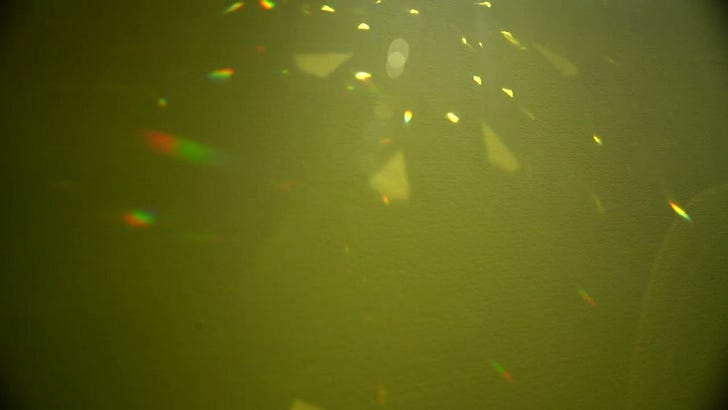Take Five: Bright stars in a dark age
Another week of connections: Alice Notley to Ted Berrigan to Joe Brainard, Charles Mingus to Jeff Beck, and Four Tet to Mazzy Star
“Take Five” is posted each Friday, and offers five things I spent some time with over the course of the previous week. No criticism, no in-depth analysis, just a few things I think you might be interested in checking out. When the spirit moves me, I’ll post other things at other times.
Keep reading with a 7-day free trial
Subscribe to My Impression Now to keep reading this post and get 7 days of free access to the full post archives.



